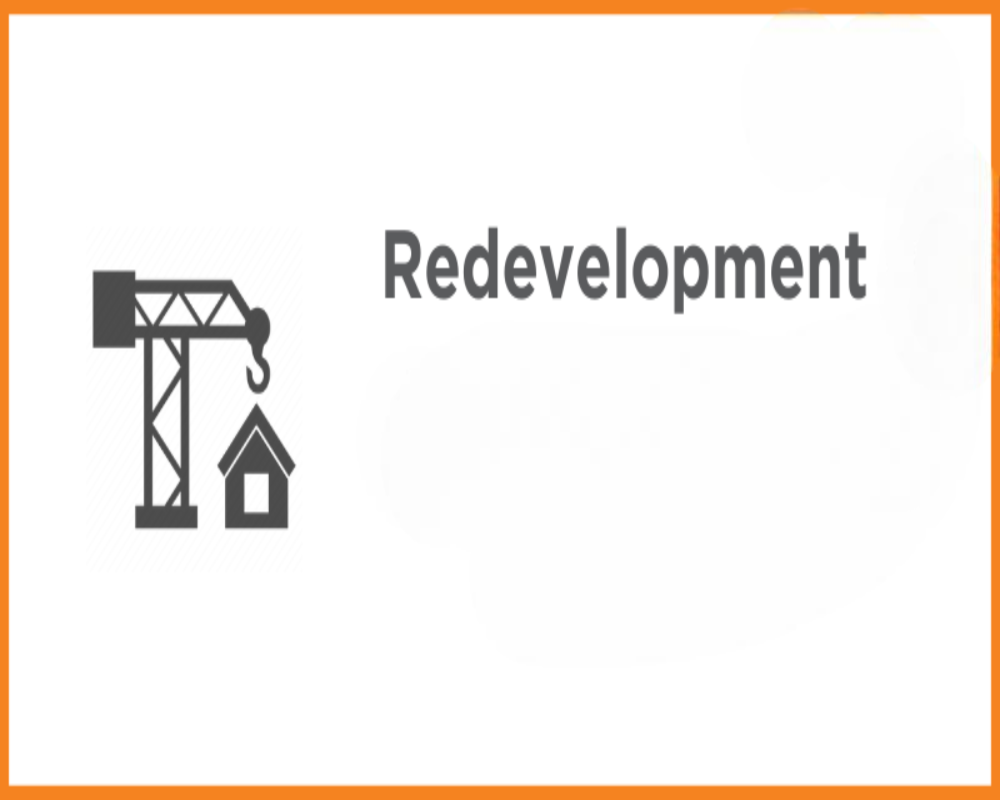Introduction
Zoning enforcement is a vital aspect of urban governance that ensures development projects adhere to established land use regulations. In the context of commercial redevelopment, zoning enforcement becomes even more critical as older properties are adapted, expanded, or rebuilt to meet modern economic and social needs. Redevelopment projects often face complexities related to zoning compliance, given that regulations may have evolved since the original construction. Effective zoning enforcement ensures that redevelopment activities support community goals, maintain safety standards, and promote sustainable growth. This article explores how zoning enforcement impacts commercial redevelopment and the key components involved in maintaining orderly urban transformation.
1. Purpose of Zoning Enforcement in Redevelopment
The primary purpose of zoning enforcement during commercial redevelopment is to ensure that projects comply with current land use policies. Enforcement protects the public interest by maintaining the intended use, density, design standards, and environmental considerations set forth in zoning ordinances. Without strict enforcement, redevelopment could lead to chaotic land use patterns, infrastructure strain, and community conflicts.
2. Review of Existing Zoning Status
Before any redevelopment project begins, authorities review the zoning classification of the property. This step checks whether the proposed new use or expansion aligns with the current zoning code. If the property’s original use is now considered non-conforming, developers must seek approval through special permits, variances, or rezoning procedures to proceed legally.
3. Compliance with Updated Land Use Regulations
Commercial redevelopment must comply with updated land use requirements, which may differ significantly from historical regulations. Modern zoning codes often emphasize mixed-use development, environmental sustainability, walkability, and community integration. Redevelopers must ensure their plans align with these updated expectations or face potential enforcement actions such as project denial, fines, or mandatory redesigns.
4. Building Standards and Safety Compliance
Zoning enforcement includes ensuring that redevelopment projects meet contemporary building codes and safety regulations. Even if a structure previously operated under outdated standards, redevelopment typically triggers the need to comply with current requirements for fire safety, accessibility, structural integrity, and energy efficiency. Enforcement officials conduct plan reviews and site inspections to verify compliance before, during, and after construction.
5. Parking and Access Requirements
Redevelopment often changes the nature or intensity of site use, requiring updated parking, loading, and access solutions. Zoning enforcement ensures that sufficient parking spaces are provided according to current ratios and that pedestrian and vehicular access points are safely designed. Failure to meet these standards can result in delays, penalties, or a reduction in the permitted floor area.
6. Addressing Non-Conforming Uses and Structures
Non-conforming uses or structures are those that legally existed under prior zoning codes but do not meet current regulations. Zoning enforcement officers evaluate whether these uses can continue, must be modified, or need to be discontinued as part of redevelopment. In some cases, grandfathering provisions allow limited continuance, but expansions or intensifications usually trigger full compliance requirements.
7. Environmental and Sustainability Mandates
Modern zoning enforcement often includes checks on environmental regulations related to stormwater management, green building practices, and energy usage. Commercial redevelopment projects must demonstrate how they address environmental impacts, such as minimizing runoff, incorporating renewable energy, and managing waste responsibly. Non-compliance can result in significant fines or denial of occupancy certificates.
8. Design Guidelines and Aesthetic Controls
Many municipalities adopt design overlay districts or aesthetic standards that regulate the visual aspects of commercial redevelopment. Zoning enforcement ensures that redeveloped properties meet these guidelines related to building materials, façade treatments, signage, landscaping, and lighting. These controls help preserve neighborhood character and contribute to attractive, cohesive commercial corridors.
9. Enforcement Tools and Mechanisms
Municipalities have a range of enforcement tools to ensure zoning compliance. These include stop-work orders, citations, fines, permit revocations, and legal actions. Inspectors regularly monitor redevelopment projects to verify that construction activities match approved plans. Proactive enforcement encourages developers to adhere closely to zoning requirements and reduces long-term conflicts.
10. Role of Community and Public Oversight
Community involvement often plays a role in zoning enforcement during redevelopment. Residents, local businesses, and civic organizations may raise concerns about compliance, prompting inspections or reviews. Public hearings for redevelopment proposals also provide a forum for stakeholders to voice support or objections, influencing enforcement decisions. Transparent processes build public trust and ensure developments serve broader community interests.
Conclusion
Zoning enforcement on commercial redevelopment is a critical safeguard that ensures projects align with contemporary urban planning objectives and legal standards. It protects the interests of communities, promotes safe and sustainable development, and preserves the integrity of local zoning frameworks. For developers, understanding and navigating zoning enforcement requirements is essential for timely approvals, financial viability, and community acceptance. As cities increasingly turn to redevelopment as a strategy for revitalization, effective zoning enforcement will remain central to achieving organized, resilient, and vibrant urban environments.
Hashtags
#ZoningEnforcement #CommercialRedevelopment #UrbanPlanning #CityDevelopment #LandUse #ZoningLaws #RealEstateDevelopment #CommunityPlanning #SustainableDevelopment #BuildingRegulations #LocalGovernment #PropertyDevelopment #ZoningCompliance #EconomicGrowth #UrbanRevitalization #SmartGrowth #InfrastructureDevelopment #PlanningPolicy #CommercialRealEstate #ZoningIssues


